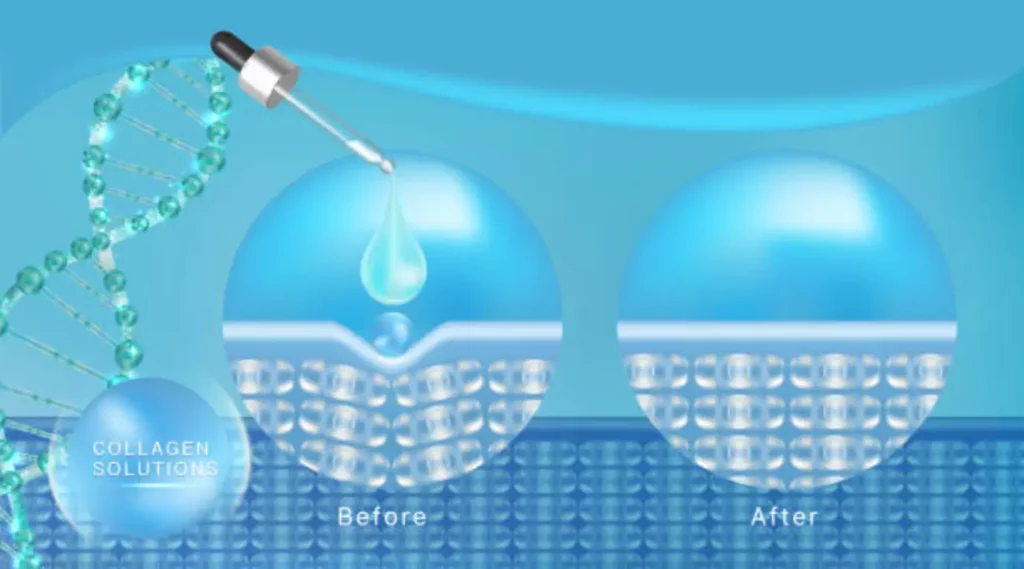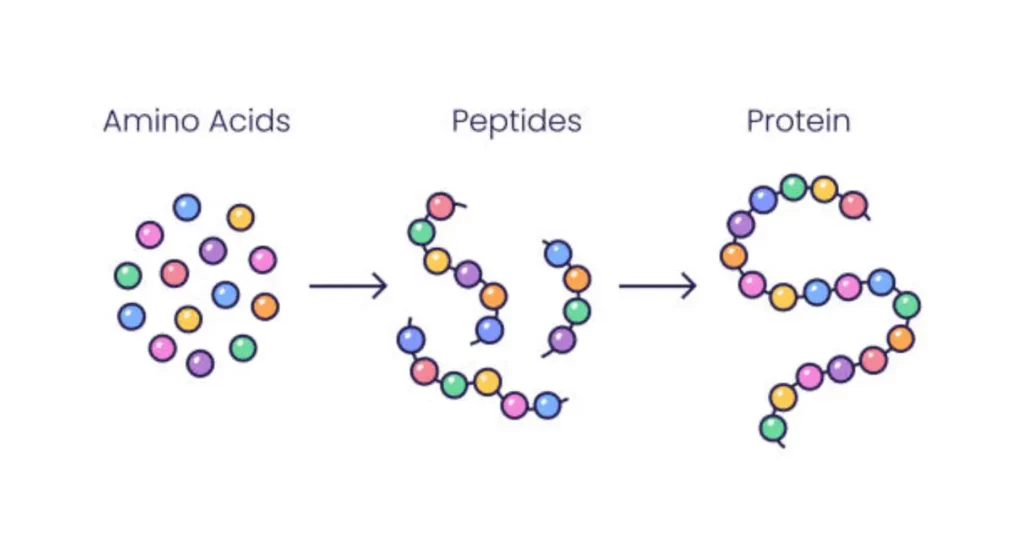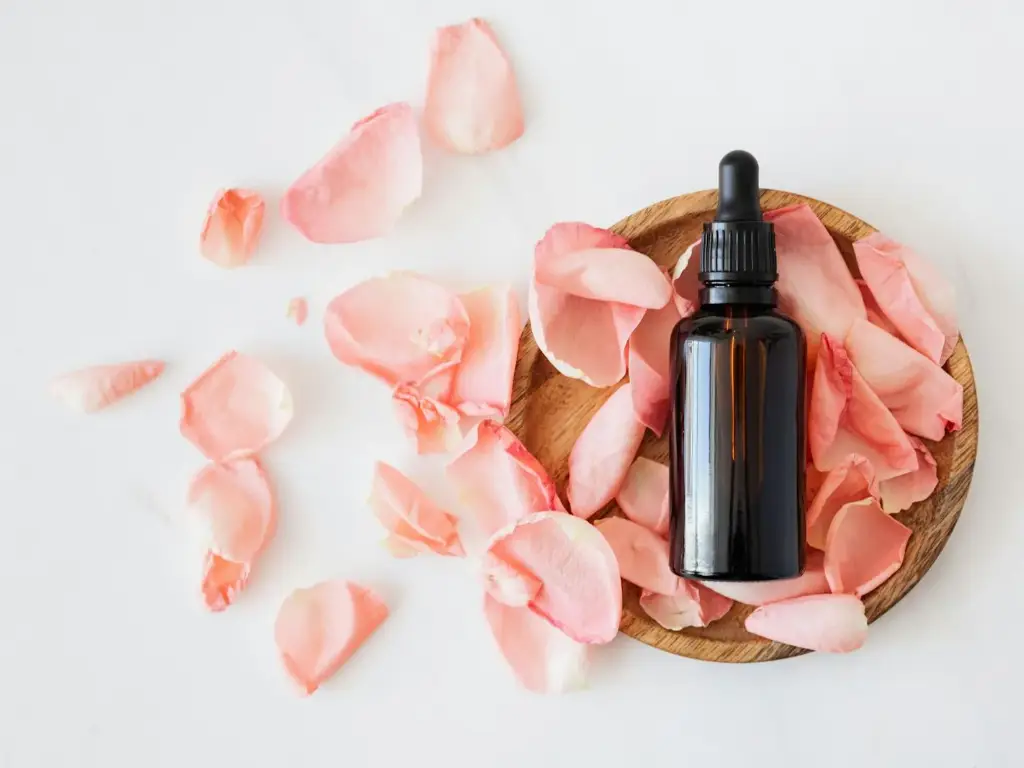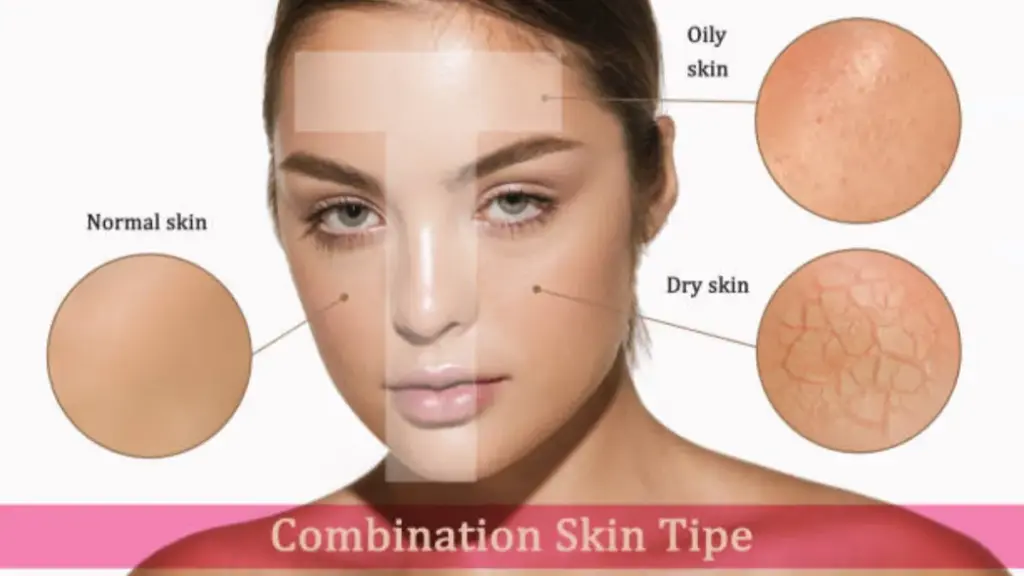Nel mondo della cura della pelle, è fondamentale ricercare ingredienti che offrano risultati coerenti, risultati scientificamente supportati. Con innumerevoli prodotti sul mercato, è facile perdersi in un mare di opzioni, ciascuno promette benefici miracolosi. Tuttavia, quando si tratta di raggiungere risultati reali, miglioramenti evidenti su tutti i tipi di pelle, ci sono quattro ingredienti chiave per la cura della pelle che hanno dimostrato di funzionare in modo efficace. Questi ingredienti sono stati sottoposti a un rigoroso esame scientifico, e i loro benefici sono stati convalidati attraverso anni di studi clinici e di utilizzo nel mondo reale.
In questo articolo, esploreremo 4 ingredienti per la cura della pelle che funzionano, i loro meccanismi comprovati, e il ruolo che svolgono nel mantenersi in salute, pelle giovane.
Ricapitolare: IL 4 Gli ingredienti comprovati per la cura della pelle funzionano su tutti i tipi di pelle
La tabella seguente riassume le funzioni essenziali, benefici, tipi di pelle adatti, e consigli sull'utilizzo dei quattro ingredienti per la cura della pelle, scientificamente provati per fornire risultati visibili.
| Ingrediente | Come funziona | Benefici | Tipi di pelle adatti | Suggerimenti per l'uso |
| Retinolo | Aumenta il ricambio cellulare della pelle; stimola la produzione di collagene; sblocca i pori | Riduce le rughe, linee sottili, iperpigmentazione; migliora la consistenza; tratta l'acne | Tutti i tipi di pelle (particolarmente grassa/incline all'acne, ma usare con cura per la pelle sensibile) | Inizia con una bassa concentrazione;applicare di notte; utilizzare la protezione solare durante il giorno per prevenire la sensibilità al sole. |
| Vitamina C | Protezione antiossidante (neutralizza i radicali liberi); promuove la sintesi del collagene | Illumina la pelle; riduce le macchie scure e l'iperpigmentazione; combatte i danni del sole | Tutti i tipi di pelle (pelle sensibile: optare per i derivati) | Utilizzare al mattino; scegli derivati stabili per pelli sensibili (PER ESEMPIO., magnesio ascorbile fosfato). |
| Acido ialuronico | Agisce come umettante per attirare e trattenere l'umidità; rafforza la barriera di idratazione della pelle | Idratazione profonda; rimpolpa la pelle; equilibra la produzione di petrolio; riduce la secchezza | Tutti i tipi di pelle (Asciutto, oleoso, combinazione, e pelle disidratata) | Applicare sulla pelle umida per massimizzare l'assorbimento; seguire con una crema idratante per sigillare l'idratazione. |
| Peptidi | Stimola la produzione di collagene ed elastina; rafforza la barriera cutanea | Migliora l'elasticità della pelle; leviga la consistenza; riduce l'infiammazione; promuove la guarigione | Tutti i tipi di pelle, compresa la pelle sensibile | Incorpora sieri/creme peptidici nella routine mattutina e serale per un rinnovamento continuo della pelle. |
Retinolo: Il concentrato antietà per tutti i tipi di pelle

Retinolo, un derivato della vitamina A, è uno degli ingredienti più ampiamente studiati e clinicamente testati nel campo della cura della pelle. La sua reputazione di potente antietà è fondata sulla sua capacità di accelerare il ricambio cellulare della pelle, che facilita la rimozione delle cellule morte della pelle e favorisce la crescita di nuove, pelle sana. Questo processo è fondamentale per prevenire la formazione delle rughe, linee sottili, e iperpigmentazione, rendendo il retinolo un attore chiave nei regimi antietà per la cura della pelle.
Il retinolo agisce stimolando la produzione di collagene, una proteina vitale che fornisce struttura ed elasticità alla pelle. Invecchiando, la produzione di collagene rallenta, portando al rilassamento cutaneo e alla comparsa di rughe. Aumentando i livelli di collagene, il retinolo aiuta a mantenere la compattezza e la levigatezza della pelle. Inoltre, riduce la visibilità delle macchie senili, linee sottili, e danni del sole.
Per chi ha la pelle grassa o a tendenza acneica, il retinolo offre un ulteriore vantaggio: la sua capacità di sbloccare i pori. Prevenendo l'accumulo di cellule morte della pelle, il retinolo riduce la probabilità di ostruzioni dei pori, che sono una delle principali cause dell'acne. La capacità dell’ingrediente di migliorare la struttura della pelle e ridurre l’infiammazione lo rende efficace anche per il trattamento delle cicatrici post-acne.
Sebbene il retinolo sia adatto a un'ampia gamma di tipi di pelle, può causare irritazione, soprattutto per chi ha la pelle sensibile. Per evitare reazioni avverse, è essenziale iniziare con una concentrazione più bassa e aumentare gradualmente l’utilizzo nel tempo. Inoltre, perché il retinolo può rendere la pelle più suscettibile all'esposizione al sole, va applicato sempre la sera, con un'adeguata protezione solare durante il giorno.
Vitamina C: Un eroe della cura della pelle illuminante e anti-inquinamento

La vitamina C è un potente antiossidante che svolge un ruolo vitale nella protezione e nel ringiovanimento della pelle. Il suo vantaggio principale risiede nella sua capacità di neutralizzare i radicali liberi, molecole instabili che possono danneggiare le cellule della pelle, accelerare l'invecchiamento, e contribuiscono a varie condizioni della pelle come iperpigmentazione e arrossamento. I radicali liberi sono spesso generati da fattori di stress ambientale, compreso l’inquinamento e le radiazioni UV, rendendo la vitamina C una componente indispensabile di qualsiasi routine di cura della pelle mirata a mantenerla giovane, pelle radiosa.
Oltre alle sue proprietà antiossidanti, La vitamina C è nota per la sua capacità di promuovere la sintesi del collagene. Il collagene è essenziale per mantenere la compattezza e l’elasticità della pelle, e la sua produzione diminuisce naturalmente con l'età. Stimolando la produzione di collagene, La vitamina C aiuta a mantenere la struttura della pelle, prevenendo la formazione di linee sottili e rughe.
La vitamina C ha anche un effetto schiarente sulla pelle. Riduce la comparsa di macchie scure e iperpigmentazione, fornendo un tono della pelle più uniforme e una carnagione radiosa. È particolarmente efficace nel trattare i danni del sole, macchie dell'età, e iperpigmentazione postinfiammatoria causata da acne o traumi cutanei.
Mentre la vitamina C è benefica per tutti i tipi di pelle, chi ha la pelle sensibile dovrebbe essere cauto nella scelta di un prodotto. Concentrazioni più elevate di acido ascorbico puro (la forma più comunemente usata di vitamina C) può causare irritazione, soprattutto per chi ha barriere cutanee compromesse. Per le pelli più sensibili, derivati come l'ascorbil glucoside o il magnesio ascorbil fosfato offrono benefici simili con un ridotto rischio di irritazione.
Acido ialuronico: L'idratazione essenziale per ogni tipo di pelle

Acido ialuronico (HA) è una sostanza naturalmente presente nel corpo, presenti nei tessuti connettivi, pelle, e occhi. Svolge un ruolo fondamentale nel trattenere l'umidità, che è essenziale per mantenere l'idratazione della pelle. Invecchiando, la capacità della nostra pelle di trattenere l’umidità diminuisce, portando alla secchezza, linee sottili, e una carnagione opaca. È qui che entra in gioco l’acido ialuronico.
L'acido ialuronico è un umettante, il che significa che attira l'acqua nella pelle, fornendo un'idratazione intensa senza sentirsi unti o pesanti. È in grado di resistere 1,000 volte il suo peso in acqua, rendendolo uno degli ingredienti più efficaci per mantenere i livelli di umidità. Se hai asciutto, oleoso, o pelle mista, l'acido ialuronico può aiutare a mantenere la pelle idratata e carnosa.
Per la pelle grassa o a tendenza acneica, la natura leggera dell'acido ialuronico assicura che si idrata senza ostruire i pori. Aiuta a bilanciare i livelli di umidità della pelle, riducendo la probabilità di un’eccessiva produzione di sebo. D'altra parte, per pelle secca o disidratata, l'acido ialuronico ripristina l'umidità, risultando più liscio, aspetto più elastico.
Incorporare l’acido ialuronico nella tua routine è relativamente semplice. Si trova tipicamente nei sieri, idratanti, e maschere. Per il massimo beneficio, dovrebbe essere applicato sulla pelle leggermente umida per trattenere l'umidità e seguito da una crema idratante per sigillare l'idratazione.
Peptidi: Ripristinare la giovinezza della pelle con integratori proteici naturali

I peptidi sono corte catene di aminoacidi, che sono gli elementi costitutivi delle proteine. Nella cura della pelle, i peptidi sono celebrati per la loro capacità di stimolare la produzione di collagene ed elastina, due proteine essenziali per l'elasticità e la compattezza della pelle. Invecchiando, la produzione naturale di queste proteine diminuisce, portando alla formazione di rughe e rilassamento cutaneo. I peptidi offrono un modo per contrastare questi effetti incoraggiando la pelle a rigenerarsi e ripararsi.
I peptidi sono particolarmente efficaci nel promuovere la funzione barriera cutanea, che è fondamentale per mantenere la salute generale della pelle. Una forte barriera cutanea aiuta a trattenere l'umidità, protegge dagli aggressori ambientali, e previene le irritazioni. Di conseguenza, i peptidi sono utili non solo per scopi antietà ma anche per migliorare la struttura della pelle, riducendo l'infiammazione, e promuovendo una carnagione più uniforme.
Un altro vantaggio significativo dei peptidi è la loro capacità di migliorare la guarigione e la riparazione della pelle. Ciò li rende particolarmente efficaci per le persone che soffrono di cicatrici da acne, sensibilità della pelle, o altre forme di danno alla pelle. Perché i peptidi sono relativamente delicati sulla pelle, sono adatti a tutti i tipi di pelle, compresa la pelle sensibile.
Quando incorpori i peptidi nella tua routine di cura della pelle, cerca prodotti che contengano una varietà di peptidi per colpire diversi aspetti della salute della pelle. Sieri o creme a base di peptidi sono l'ideale, e possono essere utilizzati sia al mattino che alla sera per favorire il rinnovamento cutaneo a lungo termine.
Ingredienti più comprovati per il successo della cura della pelle
Mentre il retinolo, Vitamina C, acido ialuronico, e i peptidi sono quattro degli ingredienti più conosciuti e scientificamente provati nella cura della pelle, sono lungi dall'essere le uniche opzioni. Altri ingredienti come la niacinamide, alfaidrossiacidi (AHA), e beta idrossiacidi (BHA) hanno dimostrato di apportare benefici significativi anche alla salute della pelle.
Niacinamide, Per esempio, è una forma di vitamina B3 rinomata per le sue proprietà antinfiammatorie e rinforzanti la barriera. È particolarmente utile per le persone con pelle sensibile o a tendenza acneica, poiché aiuta a calmare l'irritazione e ridurre il rossore. AHA e BHA, d'altra parte, sono esfolianti che possono migliorare la struttura e la chiarezza della pelle rimuovendo le cellule morte della pelle e liberando i pori.
La combinazione di questi ingredienti con il retinolo, Vitamina C, acido ialuronico, e peptidi creano un regime completo per la cura della pelle che affronta un'ampia gamma di problemi della pelle, dall'invecchiamento all'acne alla secchezza.
Come stratificare questi ingredienti nella tua routine di cura della pelle

Una routine di cura della pelle ben stratificata può aiutare a massimizzare l'efficacia di ciascun ingrediente, assicurando che la tua pelle ottenga tutti i benefici di questi attivi comprovati. Ecco come sovrapporre i quattro ingredienti per la cura della pelle per ottenere risultati ottimali:
Fare un passo 1: Purificare
Inizia con un detergente delicato per rimuovere lo sporco, olio, e impurità dalla pelle. La pulizia prepara la pelle ad assorbire i principi attivi che seguono. Scegli un detergente adatto al tuo tipo di pelle, che si tratti di idratante per la pelle secca o di controllo del sebo per la pelle grassa.
Fare un passo 2: Applicare sieri attivi (Vitamina C e retinolo)
Dopo la pulizia, è il momento dei tuoi sieri attivi. Questi dovrebbero essere applicati in ordine di consistenza da più sottile a più spessa:
- Siero alla vitamina C: Se usi la vitamina C al mattino, è meglio applicarlo prima. Questo antiossidante aiuta a proteggere la pelle dai danni ambientali, illumina la tua carnagione, e promuove la produzione di collagene.
- Siero al retinolo: Se stai usando il retinolo, applicarlo la sera. Questo potente ingrediente antietà accelera il ricambio cellulare, che aiuta a levigare le linee sottili e ridurre la pigmentazione. Assicurati di iniziare lentamente se sei nuovo al retinolo, poiché può causare sensibilità.
Fare un passo 3: Idratare con acido ialuronico
Una volta assorbiti i principi attivi, proseguire con un siero idratante o una crema idratante che contenga acido ialuronico. Questo ingrediente attira l'acqua sulla pelle, aiutandolo a mantenerlo carnoso e idratato. È adatto a tutti i tipi di pelle e assicura che la pelle rimanga idratata senza appesantirla.
Fare un passo 4: Termina con la protezione solare (Solo diurno)
La mattina, completa sempre la tua routine con un ampio spettro Crema solare dell'SPF 30 o superiore. La protezione solare è fondamentale, soprattutto quando si utilizza vitamina C o retinolo, poiché questi ingredienti possono rendere la pelle più sensibile all'esposizione al sole. Applicare la protezione solare ogni mattina, anche se rimani in casa, per proteggere la pelle dai dannosi raggi UV.
Suggerimenti chiave per la stratificazione:
- Introduzione graduale: Se stai introducendo nuovi ingredienti come il retinolo o la vitamina C, inizia con una concentrazione più bassa e aumenta gradualmente l'uso per aumentare la tolleranza della tua pelle.
- Routine serale: Il retinolo deve essere utilizzato solo la sera, poiché può aumentare la sensibilità al sole.
- Blocco dell'umidità: Sigilla sempre l'idratazione con una buona crema idratante dopo aver applicato i sieri, in particolare quelli contenenti retinolo o vitamina C.
- La coerenza è la chiave: Attieniti costantemente alla tua routine per ottenere i migliori risultati, e ricorda: la cura della pelle è un impegno a lungo termine.
Tendenze della catena di fornitura degli ingredienti per i marchi di prodotti per la cura della pelle
Poiché la domanda di prodotti per la cura della pelle efficaci e di provenienza etica continua a crescere, le catene di fornitura degli ingredienti hanno subito trasformazioni significative. Per gli acquirenti B2B nel settore della cura della pelle, comprendere queste tendenze è fondamentale per essere informati, decisioni di acquisto sostenibili.
- Sostenibilità e approvvigionamento etico: C’è un netto spostamento verso la sostenibilità all’interno della catena di fornitura degli ingredienti per la cura della pelle. I marchi si concentrano sempre più sull’approvvigionamento di ingredienti provenienti da fonti rinnovabili, ecologico, e fornitori del commercio equo e solidale. Questa tendenza è guidata dalla domanda dei consumatori di trasparenza e responsabilità ambientale. Ingredienti chiave come oli vegetali, Botanici organici, e i conservanti biodegradabili stanno guadagnando terreno.
- Trasparenza della catena di fornitura: I consumatori stanno diventando più esigenti riguardo alla provenienza degli ingredienti per la cura della pelle, spingendo i marchi ad adottare catene di fornitura trasparenti. Le aziende che danno priorità alla tracciabilità degli ingredienti e offrono informazioni chiare sulle pratiche di approvvigionamento guadagnano credibilità e fiducia nel mercato. Trasparenza sull'origine degli ingredienti, processi produttivi, e le pratiche lavorative stanno diventando un fattore di differenziazione per i marchi.
- Approvvigionamento locale e filiere più corte: Ridurre la dipendenza dalle catene di approvvigionamento globali e mitigare i rischi derivanti dalle interruzioni (PER ESEMPIO., a causa di pandemie o tensioni geopolitiche), molti marchi si stanno orientando verso l’approvvigionamento locale degli ingredienti chiave. Questa tendenza non solo sostiene le economie regionali, ma garantisce anche tempi di consegna più rapidi e minori ritardi nella catena di approvvigionamento.
- Progressi tecnologici: L’integrazione della tecnologia nell’approvvigionamento degli ingredienti è in aumento, con l’intelligenza artificiale e la blockchain utilizzate per tracciare e ottimizzare la catena di approvvigionamento. Questi strumenti consentono una migliore gestione dell'inventario, controllo di qualità, e il rispetto degli standard normativi.
Incontra Oully
A Oully, siamo specializzati nella produzione di prodotti per la cura del viso a marchio privato, offrendo soluzioni per la cura della pelle su misura progettate attorno alle esigenze del tuo marchio. Dalla formulazione al confezionamento, usiamo solo premium, ingredienti ad alta efficacia per creare prodotti che forniscono risultati reali, supportati dalla scienza e realizzati con cura. Diamo vita alla tua visione della cura della pelle.
















